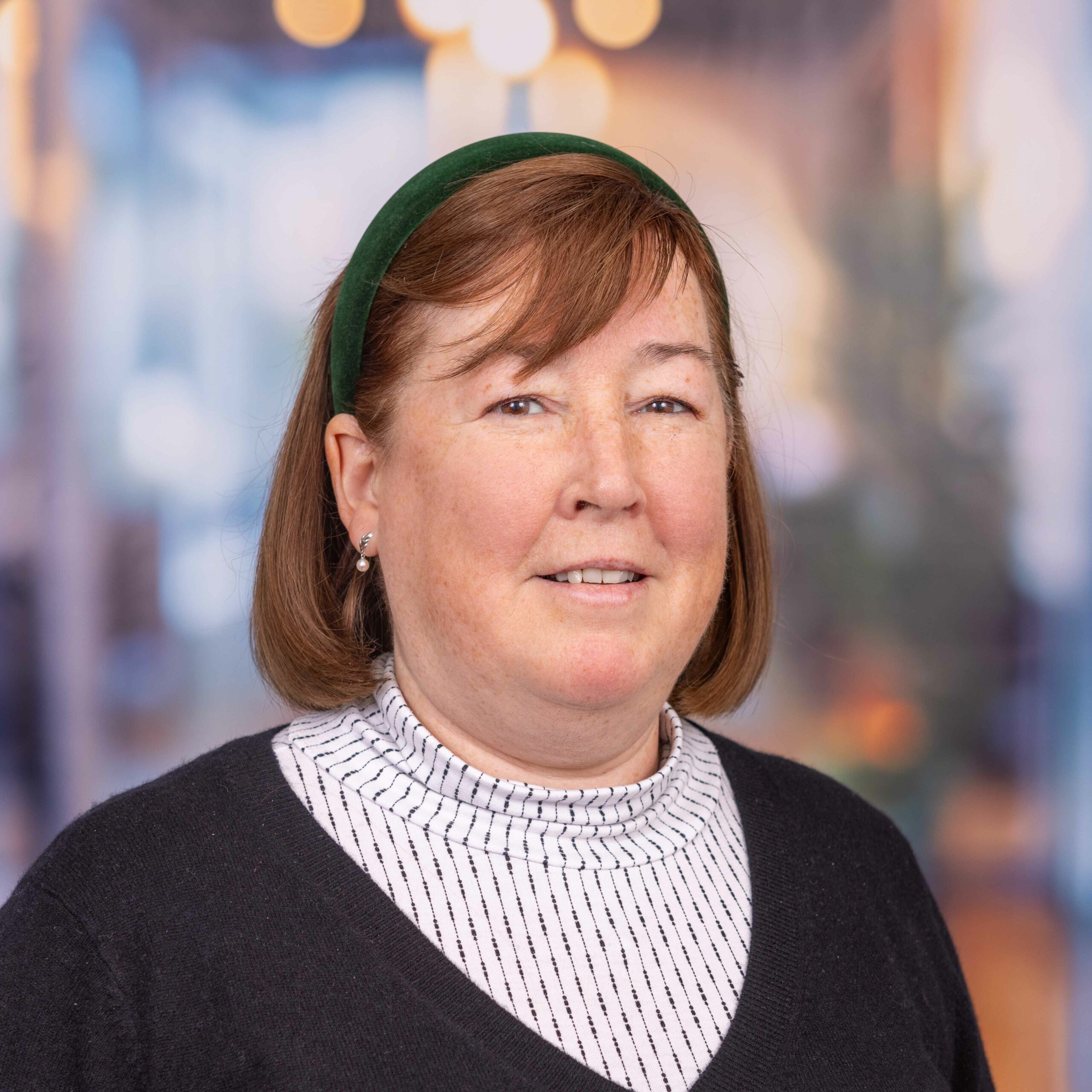
Penny Langdon
SolicitorWhen a person is injured or suffering symptoms of an illness and they seek care from health professionals, either at a GP’s surgery or when attending hospital, they expect to be examined physically so that the doctor can diagnose the problem.
make an enquiryRecently, there has been an increased use of phone or video consultations (particularly during the coronavirus pandemic) and this has meant that some people are not being physically examined in person in order to get the care that they need.
If a healthcare professional does not examine you properly, or at all, and you go on to suffer harm as a result then you may be able to claim medical negligence compensation.
If a doctor fails to examine you and you suffer harm, the fact that your doctor did not examine you is unlikely, on its own, to be enough to secure a medical negligence compensation award. You would almost certainly need to prove that the failure to conduct a physical examination caused a delay in diagnosis (see below) and that the subsequent harm you suffered could and should have been avoided if you had received a physical examination which resulted in an early diagnosis.
Seeking medical negligence compensation can be particularly complex. To prove that the injury or illness you suffered was caused by a ‘failure to examine’ a court would need to be certain that no other practitioner with the same information and the same level of expertise would have provided the same or similar treatment, and that this is the view of a body of suitably qualified and experienced practitioners.
For example, if you rang your GP surgery to seek advice from a doctor because you had a raised temperature, you might be advised to take paracetamol to bring the fever down. However, if all your symptoms were not checked thoroughly and you were later diagnosed in hospital as suffering from sepsis with severe complications, your suffering may have been prevented by a physical examination at the first point of contact.
However, to make a successful claim in the above example, you would need to prove that the information that the doctor was given at the first point of contact should have been enough to require a physical examination and that an earlier diagnosis would have prevented your injuries.
If a doctor’s failure to examine a patient leads to a delayed diagnosis which in turn causes harm to the patient that would not otherwise have occurred, the court may find that the initial missed physical examination was an act of negligence. In other words, if the early examination, diagnosis and treatment of the condition would have prevented the harm, there may be grounds for a medical negligence claim.
There has been much in the media about a rise in terminal cancer cases (and other diseases) caused by the coronavirus pandemic. Anecdotally, suggestions have been made that patients were reluctant or unable to present their symptoms to a doctor and this has caused a rise in harm. Commentators have suggested that patients may have been:
There were also a number of limitations involved in remote consulting, not least the reliability of internet video meeting platforms and internet bandwidth limitations in general. Both of which may have added an extra element of difficulty to the GP’s job. And some commentators have suggested that as the country moved from a predominantly in-person appointment system to remote consultations, that the field of telemedicine, which is a specialism in its own right, was one that many GPs would not have considered themselves expert in.
All the above means that where a patient has been harmed potentially as a result of a failure to examine during the coronavirus pandemic, the claim will be extremely complex, and we have yet to see how the courts will see the role of the pandemic in medical negligence claims for failure to examine and delayed diagnosis.
We aim to set a new standard and change perceptions of what it means to be a responsible law firm and become leaders in client-focused, full-service legal guidance for you and your family
Direct access to expertise
It can be daunting needing to ask for legal advice. Our approachable experts are here to make the legal process simple for you.
Trusted relationships
We guide you in navigating the challenges you face today and will help you think about the future and how today’s decisions will make your future better through developing lasting legacies.
Lasting Impact
We are committed to conducting business which is socially responsible and environmentally sustainable.
Could not recommend this Law firm enough. They dealt with a very complex case for us and went above and beyond to provide advice, support, and time to getting it through. Thank you!
The team are absolute professionals. Their expertise, accessibility, and dedication made the process smooth and successful.
The service we received was outstanding. All our queries were dealt with promptly and efficiently. We were advised and updated throughout the process and the communication was fantastic. I can thoroughly recommend the service they provide.
Excellent and supportive service at a reasonable price. I trust them to deliver a timely and good outcome. Even though I have moved from the area I would still remain a client and recommend.
London
020 7481 2422
Bromley
020 8464 4242
Surrey
01483 284 567
Sevenoaks
01732 457 575

We are here for your legal needs in life and in business. Please get in touch with one of our experienced solicitors, who are here to help you.
Make an enquiry